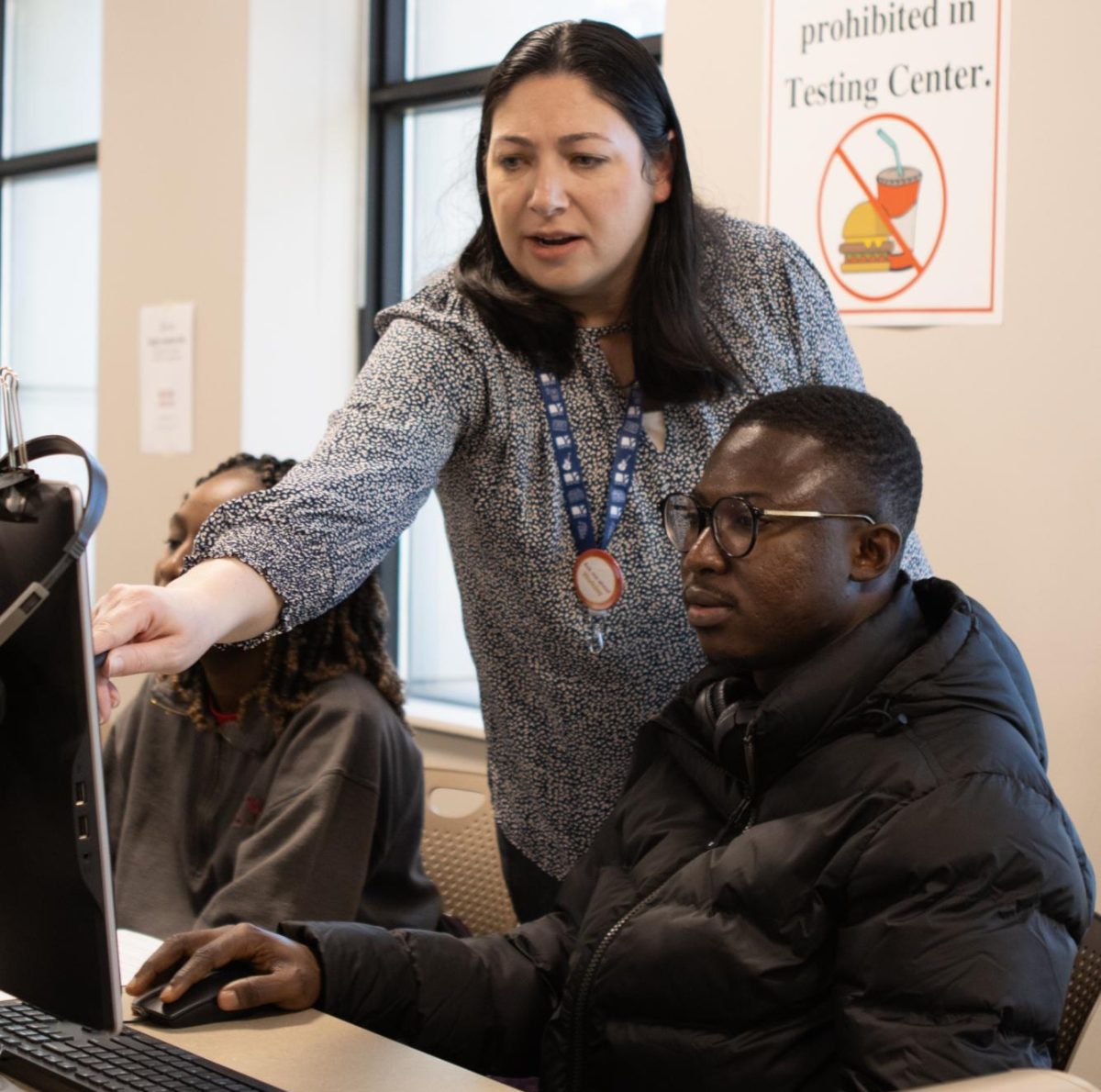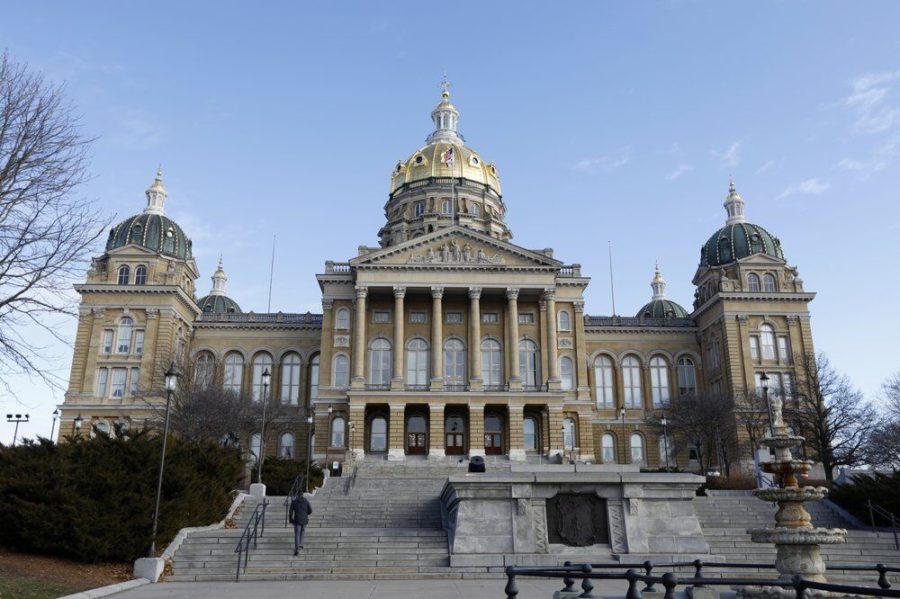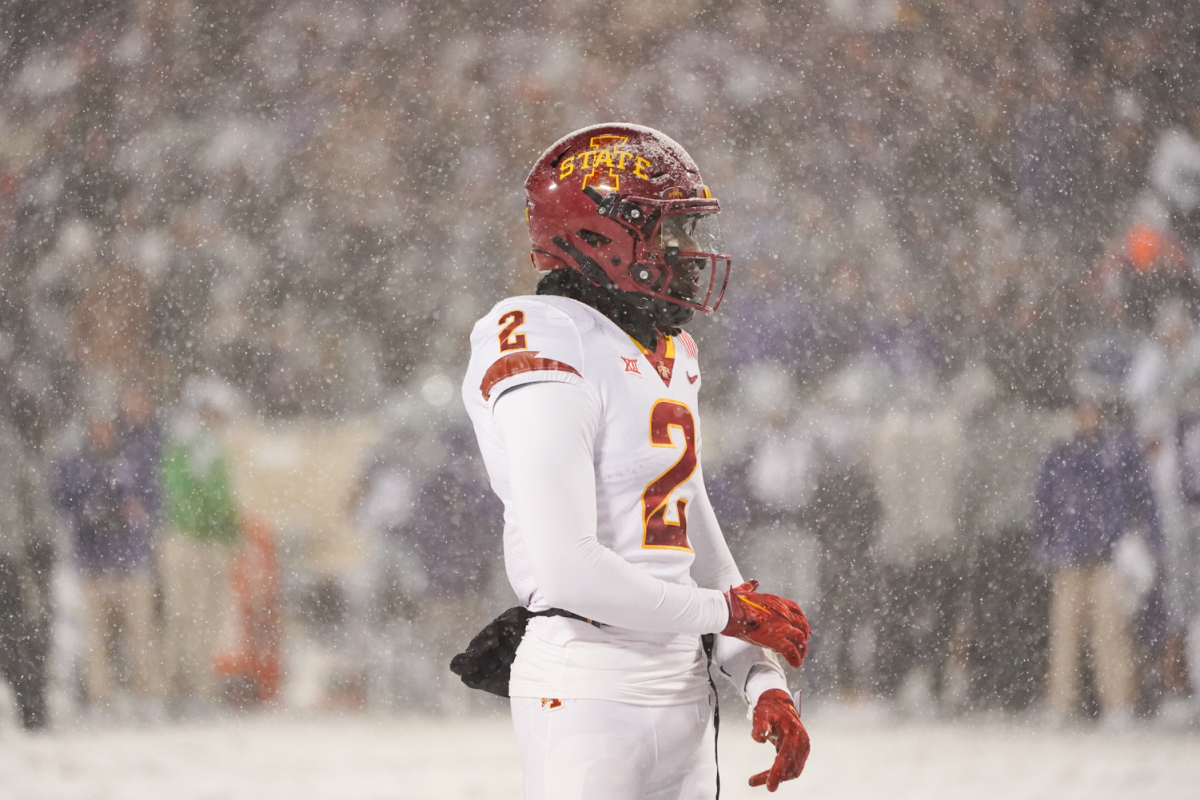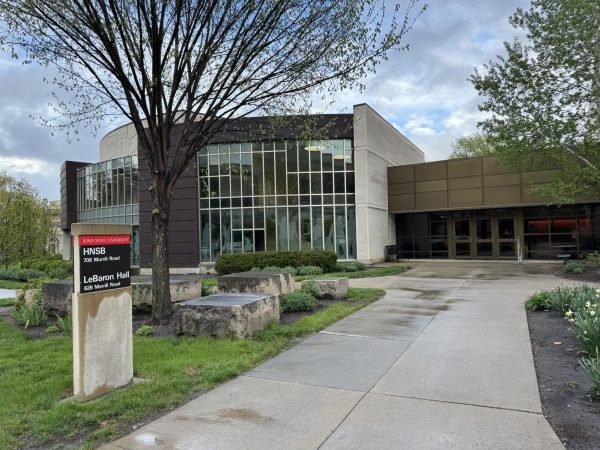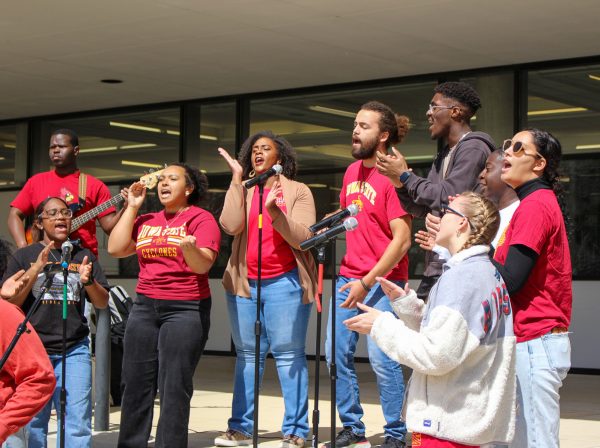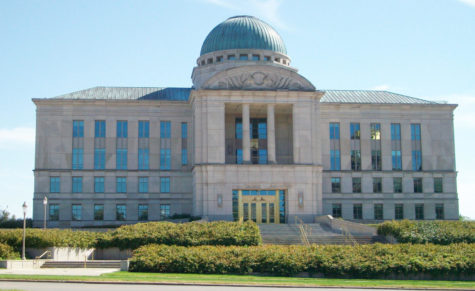National, Iowa hate crime legislation sparks discussion on fairness of laws
May 17, 2007
Check out Elizabeth Kix’s related story on LGBT rights and Ames churches.
The national hate crimes bill that passed in the House of Representatives earlier this month is stirring some controversy.
Recently, lesbian, gay, bisexual and transgender rights have been brought to the forefront of politics by what has been happening on the state, national and international levels. Many states, including Iowa, have added sexual orientation to their hate crimes legislation, and Oregon now allows same-sex civil unions. The House of Representatives also passed a bill on hate crimes that would include crimes “motivated by perceived race, color, religion, national origin, sexual orientation, gender, gender identity and disability” making them subject to federal prosecution. Canada has also augmented its hate crime and genocide laws to include sexual orientation.
“I think that, overall, people are realizing that hating on somebody because of their sexual orientation is ridiculous. It’s just not worth it. Hating on people for any reason is bad,” said Nathan Bell, vice president of the Lesbian, Gay, Bisexual, Transgender, Ally Alliance and sophomore in communication studies.
People across the nation are likening these recent events to the civil rights movements of the 1960s. Similarities can be seen between the two, but both have their differences. Bell said LGBT citizens weren’t fighting racism the same way as homophobia – that it is different because race can be visually discriminated against, but sexual orientation cannot be seen.
He also said part of the movement of LGBT for civil rights is just a continuation of what happened with the 1960s civil rights movement and Stonewall, the riots that ensued after a police raid on a gay bar in 1969.
Bell said he doesn’t see an end to the fight for LGBT rights.
“I think it’s going to be a continuous fight, I don’t see the fight ending,” he said.
Tim Borseth, co-pastor of the Stonebrook Community Church, 3611 Eisenhower Ave., had a different take on the bill.
“It is perilously close to a violation of a freedom of speech, and I fear it will be used to stifle, if not eliminate, any viewpoints that are not considered to be socially acceptable,” Borseth said.
Borseth said when he was a student at Iowa State, he was discriminated against for being Christian.
After his door was egged, he said, the students responsible were penalized, but didn’t think the crime should have been more severe because of his beliefs. He said the bill is unnecessary.
“Crime is already against the law,” he said.

